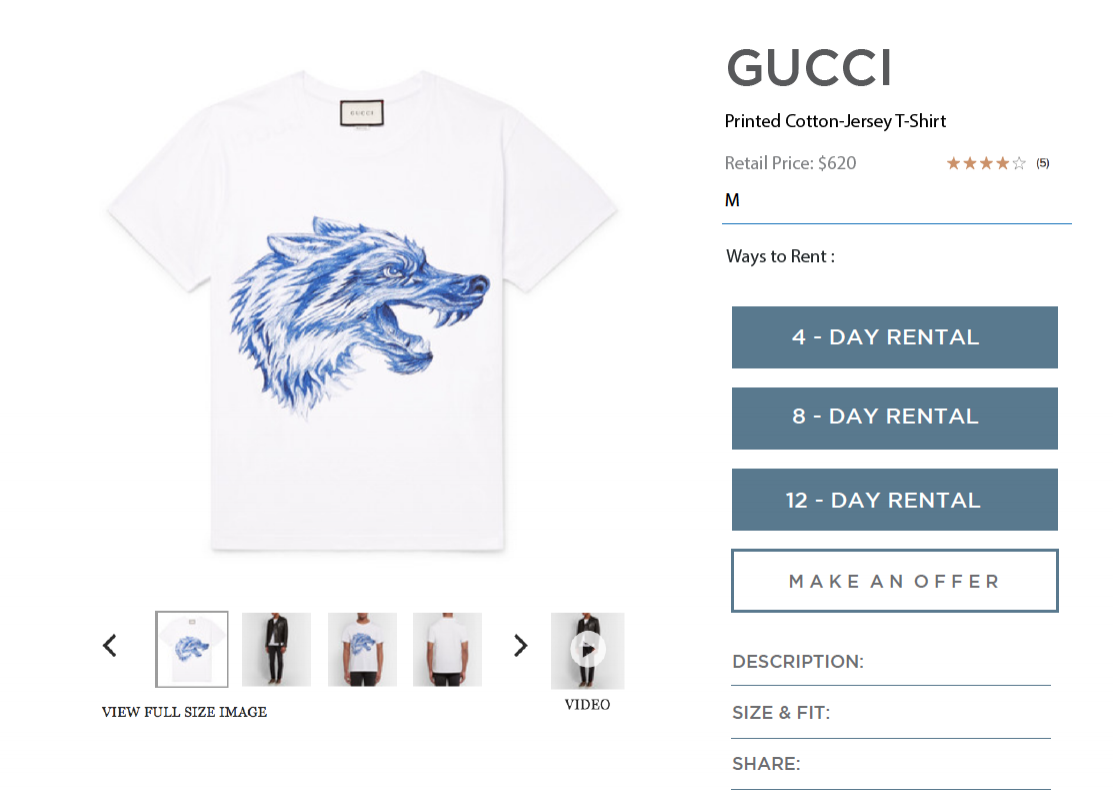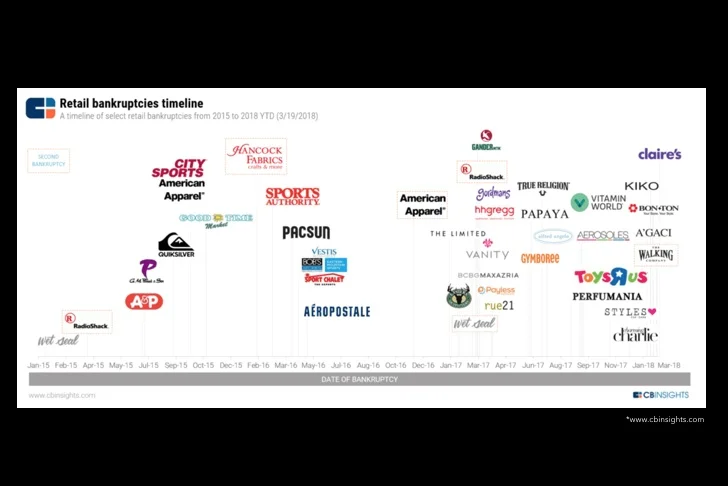L U X U R Y M E N S W E A R R E N T A L M A R K E T P L A C E
UX DESIGN — STRATEGY — DESIGN RESEARCH — BRANDING — consumer research
Logo Prototype
Logo Inspiration
FABLE
E-COMMERCE FOR THE MODERN MAN
The future of consumerism is Airbnb-ing your clothes…
Brief:
We have all become increasingly consumed with the acquisition of personal belongings; but what if there were models in place that allowed us access to the things we wanted but could not immediately afford or have access to? The circular/shared economy is opening up these pockets of opportunities for consumers to take advantage of – those that haven’t been available in the past. Companies like Uber and Lyft are making it easier to travel by asking car owners to lend their services (their cars in this case) to those who don’t, thus creating a sustainable supply/demand model. Instead of all 8.5 million New Yorkers owning their cars, we are now able to temporarily hire these car owners/renters to fulfill our immediate needs.
Leasing giant, Rent the Runway’s brand motto reads, “Access is the new ownership.” A company that has made a hundred-million-dollar business from renting higher priced women’s clothing to those who cannot immediately afford such items for a fraction of the retail cost. Or maybe those women that do not wish to commit to a $2,000 to a dress. Time’s are changing. Consumers in the 21st century are investing in experiences. In fashion, trends are changing faster than ever before. To adapt with these trends, companies in a variety of industries, are making the buying process easier and more streamlined. This allows for temporary ownership and accessibility.
One day, rental may replace ownership.
Challenge:
FABLE was started to solve a simple problem. Going shopping for specific pieces of apparel in retail stores is overwhelming, inconvenient and overly expensive. Today’s consumers are more empowered than ever. They are placing greater pressure on retailers and CSR initiatives. These buyers are moving their dollars to companies that are doing things the right way as they preach their story beyond the products. Keeping pace with these consumers means getting behind socially conscious movements that are relevant to the millennial and Generation-Z customer. It means creating a sense of transparency that communicates responsible production/sourcing practices or using your brand as a platform for enviromental justice and change. These “woke” consumers are leading to smarter retailers, because it’s 2018 and we want access to anything, all the time. By addressing the waste that has stigmatized the fashion industry, and giving these shoppers access to items that were previously unattainable, FABLE hopes to be a piece in this puzzle of smarter retailers.
The fashion industry is a leader in cultural growth and development on a global scale. As an industry, fashion generates almost $2 trillion and employs 60 million people along its supply and value chains. These cultural impacts come with a cost however; nearly 4-6% of the European Union’s footprint is caused by the consumption of the textile industry. This is a combination of energy, materials, and chemical products used in the production of and care of these items. Citizens of the EU purchase more than 9.5 million tons of textiles annually which equals out to be almost 45 lbs. per person. The future is even more bleak with global consumption numbers expecting to increase by 63% by 2030; that’s 62 million tons today to 102 million tons in 2030.
Homepage Prototype
Product Page Prototype
Retail bankruptcies from 2015 - 2018
An initial survey
Outcome:
Fable.
A fully interactive website prototype & application paired with an advertising & come-to-market strategy.
80% of American companies are seeing changes in how their customers want to access and pay for good and services. 50% of these same companies are changing their pricing models as a result. It’s 2018 – it’s difficult to be in the brick-and-mortar retail business right now. People are shopping online. Their phones are saving their credit/debit card numbers and they’re checking out via mobile devices. . When the market begins to change, these independent companies need to grow along with it – that’s where Fable comes in. With sourcing in mind, Fable will seek brand partnership as well as retail partnerships. The thought it to open up short term leases with these retail partnership to assist in the marketing and selling of their clothing. When I used to be on the buying side of the fashion retail business we would agree on net 60 terms with some of our brands that allowed us to pay 60 days after we received the clothing from them. Fable’s relationship with these retail stores will be on similar terms – items will be rented from said partners at a rate that’s 65% of the clothing’s retail price; and over the next 60 days, the garment should be rented out an average of 3 times to break even. In establishing both this relationship and a new channel for their clothing to be merchandised, we would eliminate the need for us to bear the cost of our own inventory. The ways for these stores to get to their clients are changing; brand partnerships are a way to grow quickly and efficiently that is a win for both parties involved – brands will get exposure to a new client base and guaranteed purchases, while Fable is able to reach their non-business customers with vast selections of inventory.
We want to create a completely virtual closet. As if it’s on the cloud.
That future is fostered with FABLE.


























